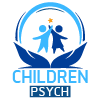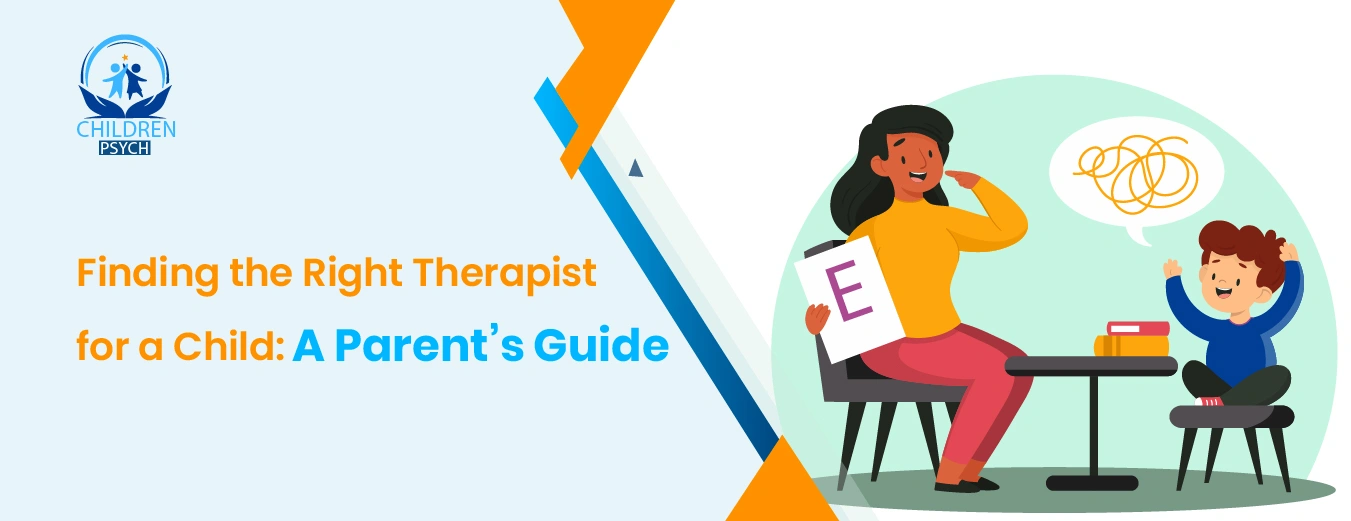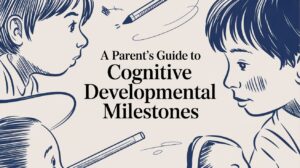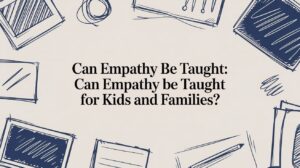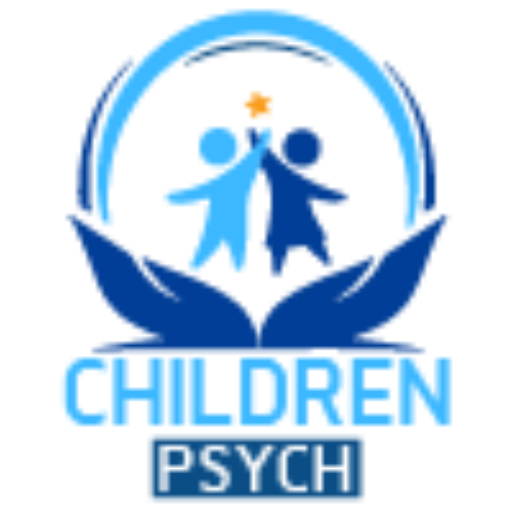Finding the right or most suitable therapist for a child is a crucial step in assisting your child to take a step towards lasting mental wellness. Although the process of finding a therapist is overwhelming due to the varied therapists and treatment methods, the right tips or strategies can help the parents to find a therapist that caters to the individual needs of their child.
So, if you are a parent of a child and are concerned about how to find the right therapist, then read this article. This is a comprehensive guide on all the top tips and strategies to select the best child therapist.
Tips for Choosing The Right Therapist for a Child
Most of the children hide their symptoms or mental health issues due to their fear of judgement or societal stigma. Moreover, they do not even easily understand what’s going on inside their mind or how to deal with them.
Likewise, parents also misdiagnose their Child’s condition and ignore them by just thinking that they are just being rude or misbehaving.
But in reality, they are battling with any mental issue. Therefore, it’s the responsibility of each parent to help the child experience mental wellness on a journey of lasting mental relief. This is only possible by selecting the best therapist for a child.
Before you start your search to find the best therapist for your child, ensure the following things:
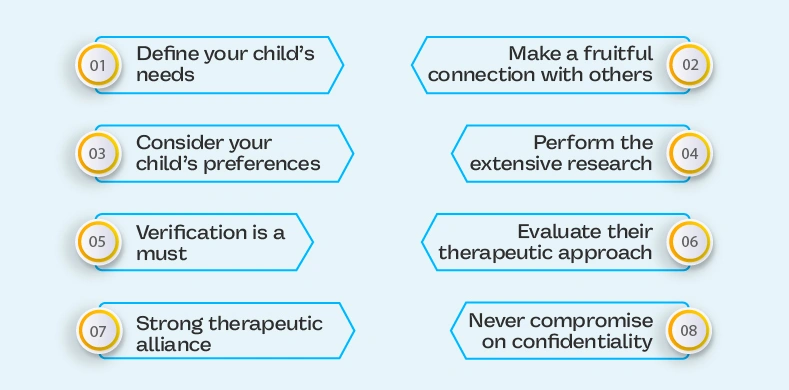
1. Define Your Child’s Needs
Every child is unique and therefore responds differently to each mental issue and their corresponding treatment options. Therefore, first, you should identify what your child is dealing with. What kind of emotional or psychological challenges are affecting your child’s mental stability?
Your child might be suffering from anxiety, depression, OCD, ADHD, or any other common mental health issue. Moreover, you should also have an idea of what your child’s specific mental health concerns are and what they require in therapy. Based on these initial requirements, find the therapist and give your child a reward in the form of the best therapist and therapy.
2. Make a Fruitful Connection With Others
It’s good to find the best therapist for your child, but you can also ask your child’s school counselor for help. Most of the schools have departments of social work where you can communicate with the social workers and get their assistance to deal with your child’s mental health issues. Furthermore, you can also ask other parents whom you trust to know the best strategies.
3. Consider Your Child’s Preferences
Don’t forget to consider your child’s preferences. You know your child first, so before looking for the best therapist, recall all your child’s preferences in your mind.
Select those therapists with whom you think your child can feel comfortable.
Likewise, your preference for the age of the therapist should also be based on your child’s requirements.
4. Perform The Extensive Research
Explore all the search platforms to find the best therapist who retains specialization in addressing your child’s specific needs. Find out which age group they deal with and what their therapeutic strategy is.
5. Verification Is a Must
Before finalizing the therapist, verify their credentials, including their license, specialization, years of experience, and area of focus. You can also read their feedback or review, or schedule your first visit with them to determine whether they are a good fit for you or not.
6. Evaluate Their Therapeutic Approach.
Ask some questions to the therapist to find out what kind of therapeutic approach they implement or how they interact with the children, family members, etc. Moreover, also find that their treatment options mostly include either medication or therapy alone or in their combined form.
7. Strong Therapeutic Alliance
There should be a strong therapeutic relationship between the therapist and child. Remember that a good therapist always tries to make their child comfortable so they feel relaxed and speak their heart out without any issue. Moreover, a good therapist always builds a collaborative and supportive connection with the child. Open communication with children favours the positive outcomes of the employed mental health therapy.
8. Never Compromise On Confidentiality.
Never forget to ask the therapist about confidentiality in therapy sessions. Make sure that they focus on ensuring strict confidentiality so sensitive data remains secured and never shared with anyone.
Major Signs That Indicate That Your Child Needs Therapy
Parents are the first observers of any unusual change in their child’s behavior. Most of the parents usually ignore them as they think that it is just their anger or a part of their normal growing phase or development. But in reality, children might be dealing with any mental issue that parents should never ignore.
Here is a list of the major signs of symptoms that are a true indicator that it’s time for a child to undergo therapy:
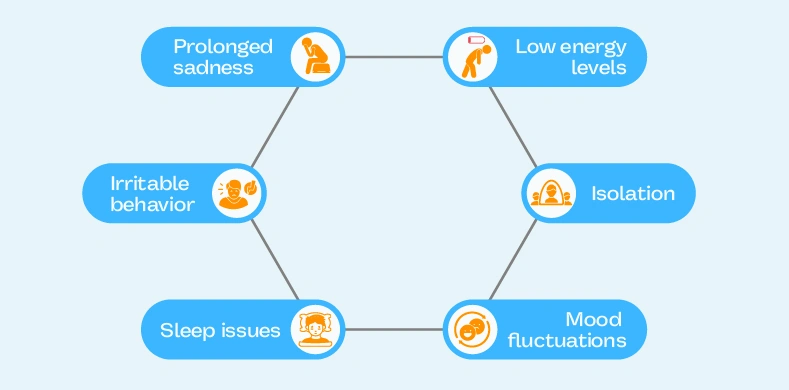
Prolonged Sadness
If you notice that your child is in a continuous phase of sadness and facing difficulty in normal life functioning, then it’s a major sign of any mental illness.
Low Energy Levels
Constant fatigue, tiredness, or low energy levels also show the presence of any mental health issue.
Trauma
If your child has experienced or witnessed any traumatic event, then your child may be dealing with any kind of mental issue and, therefore, needs help to get out of that trauma.
Irritable Behavior
Children with mental issues most often display anger outbursts, which interfere with their normal life functioning in different areas of their lives.
Sudden Mood Fluctuations
If your child’s mood suddenly changes or fluctuates, then it also shows that your child is internally battling with any mental issue.
Difficulty In Concentration
Children dealing with any mental issue do not easily focus or pay attention to the most important things. Especially when they are in the classroom, they do not concentrate on what their teacher is saying to them or teaching them.
Trouble In Social Connectivity
Due to mental instability caused by any existing mental illness, they do not easily interact with others in social gatherings. They feel shy or embarrassed in front of others and always remain in fear of any judgment or criticism.
Negative Behavioral Changes
Mental health issues directly affect the behavior of children. Therefore, children with any mental issue also show negative behavior in front of others.
Isolation
Children with ongoing mental issues prefer to stay alone and avoid social gatherings. They do not feel comfortable when they interact with person in their social life. This makes it difficult for them to make bonds with others.
Intrusive Thoughts
The minds of children who are suffering from any kind of mental issue mostly remain filled with undesired, negative, intrusive, or self-harming thoughts.
Sleep Issues
Those children who experience excessive stress also face sleep issues. Some suffer from insomnia, while some have to deal with oversleeping or related sleep issues.
Most Important Questions To Ask When Selecting a Therapist For Your Child
You have the right to ask questions, as it is about your child’s mental health and well-being.
Are You a Licensed Therapist?
Must ask this question, as most of the people consider themselves therapists without having any license. If your therapist has a license, then it means that they have completed their training and are the best fit for treating the child’s mental health disorders.
How To Check?
If you are taking the services of a therapist from any platform, then you can check their team page or feedback.
Which kind of Treatment Do You Use?
As therapists employ a number of therapeutic approaches, ask them what their strategy is in designing a treatment plan for children and teens. There is a diverse range of therapies, and each has its own effectiveness for different mental issues. As some therapies work better and deliver faster results than others therefore getting an idea about them is essential.
Ask them to tell you clearly the names of therapies. If they do not mention the names of the main psychotherapies, including cognitive behavioral therapy or exposure and response prevention therapy, then you should consider another therapist.
Are your treatments based on scientific evidence?
Those treatment options that are backed by scientific evidence generate more authentic results in the form of improved mental health. Therefore, parents should always ask whether their treatment options are evidence based or not.
Do You Involve The Parents In Therapy?
Some experts support the contribution of the parents in child therapy, while in some cases, parents just analyze the situation and do not directly participate in any therapy.
If they involve the parents, then it’s a good sign as it has multiple benefits, especially for younger kids. Parents know their child better, so they can make their child comfortable and also guide them throughout the therapy.
How Many Children With Anxiety Disorders Are You Currently Treating?
The answer should be over 25% but not less than this value.
How Many Therapy Sessions Do You Offer, And How Long Do They Last?
A good therapist always tries to keep the number of therapy sessions less so both children and their parents feel at ease.
Do You Ensure Regular Follow-UPS?
Right therapists always ensure regular follow-ups so you never feel alone throughout your mental health journey and experience the best mental health outcomes.
Evidence-based Therapies that help in Managing Children’s Mental Health Issues
Here is a list of top evidence-based therapies that experts employ to treat the child’s mental health issues:
| Therapy | Description | Benefits |
| Cognitive behavioral therapy | Cognitive behavioral therapy is the most common type of talk therapy that is used for the treatment of all common mental health issues, such as anxiety, depression, PTSD, OCD, and ADHD, etc.
In cognitive behavioral therapy sessions, the main goal of experts is to identify and change the negative thoughts, feelings, and emotions and associated behavior into positive versions. |
This therapy helps in managing the intensity of emotions, improving thought patterns, and linking behavior. |
| Exposure therapy | Exposure therapy is also another form of evidence-based psychotherapy that helps children overcome their fears and common mental issues such as social anxiety, post-traumatic stress disorder, OCD, panic disorder, etc.
In ERP therapy, children are gradually exposed to the fear or their trigger factors and asked not to show the response. With time, they get adapted to their fear and do not show any response. |
Exposure and response prevention therapy is ideal for:
Managing fear Controlling stress Learning coping skills Building mental resilience |
| Dialectical behavioral therapy | Dialectical behavioral therapy assists the child in having control over their emotions. Moreover, with the help of this therapy, both parents and children learn to improve their relationship and also resolve all relationship issues or conflicts. | The top benefits of dialectical behavioral therapy include:
Reducing distress Regulating emotions Resolving relationship conflicts |
| Interpersonal therapy | This therapy is also effective for helping and teaching children to cope with the emotional and psychological issues | Suitable for:
Treatment of anxiety & depression Overcoming the emotional dysregulation Improving the relationship between parents with children |
| Parent-child interaction training | In parent-child interaction training, parents learn the ways that how to better interact with their children to help them navigate the mental health challenges. | Increasing parental confidence
Diminishing the disruptive child behavior Improving the parent-child relationships |
| Parent management training (PMT) | With the help of parent management training, parents learn the strategies to deal with the oppositional and aggressive behavior of their children | Parent management training helps children to:
Improve behavior Learning social skills Improving the relationships |
| Occupational therapy | This therapy helps children in learning different skills such as writing, getting dressed, making some dishes, and playing, etc. |
Final Remarks
Finding the right and skilled therapist for a child is challenging, as it requires careful consideration. Parents should focus on certain things to find a therapist who suits the mental health requirements of their child. A good therapist ensures open communication with the child and their parents, maintains confidentiality, employs evidence-based treatment plans, and ensures regular follow-ups.
Find the Right & Skilled Therapist for your Child at Children’s Psych
If you are looking for reliable professional help to address your child’s mental and behavioral issues, then you are in the best place.
Children Psych is a top platform where you can find the best mental health treatment for your children and teens. We have a team of mental health professionals who are dedicated to assisting your child in living a healthy, positive, and prosperous life with mental resilience. They have years of experience in effective diagnosis and developing the therapeutic strategies that suit the individual requirements of each child or teen. Whether your child is dealing with anxiety, depression, bipolar disorder, ADHD, OCD, or any other mental illness, you can help them by taking advantage of our mental health solutions for children.
They first identify what the actual mental illness is or what the child is going through in their mind. After gathering the evaluation data, they develop personalized treatment plans for each child or adolescent.
So if you are striving for the best therapist for your child, then choose Children Psych.
Consult Now!
Frequently Asked Questions
How to choose the right therapist for a child?
Before choosing the therapists, consider multiple things such as their credentials, licensure, and area of expertise.
What are the most common psychiatric issues in children?
Children usually suffer from the following common mental health issues:
Anxiety disorders
Mood disorders
Obsessive-compulsive disorder etc
